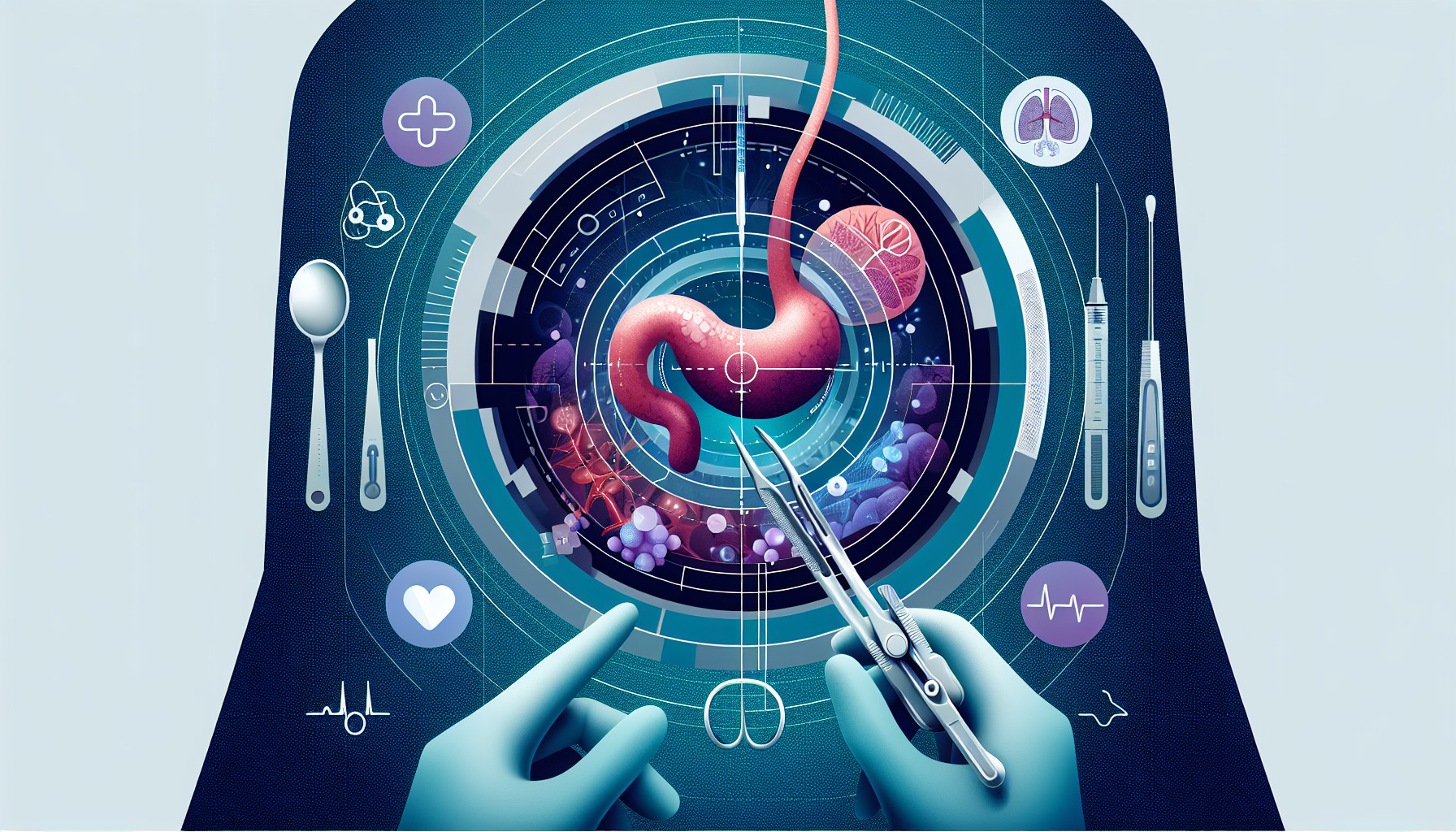Our Summary
This research paper explores whether a person’s gender affects the outcome of a specific medical procedure called a laparoscopic cholecystectomy. This procedure is commonly used to treat chronic or acute cholecystitis, an inflammation of the gallbladder.
The researchers studied data from 1,645 patients who had this procedure, of which about a third were men and two-thirds were women. They found that on average, the procedure took a bit longer for men than for women. Also, the rate of acute cholecystitis was higher among men.
However, when it came to the important factors like the need to switch from laparoscopic to open surgery, complications during or after the procedure, or deaths related to the operation, the researchers found no difference between men and women.
In simple terms, this research suggests that a patient’s gender does not affect the risk of complications or the outcome of a laparoscopic cholecystectomy.
FAQs
- Does a patient’s gender influence the outcome of a laparoscopic cholecystectomy?
- Is there a difference in the rate of acute cholecystitis between men and women?
- Were there any differences between men and women in the need to switch from laparoscopic to open surgery, complications, or deaths related to laparoscopic cholecystectomy?
Doctor’s Tip
One helpful tip a doctor might tell a patient about laparoscopic cholecystectomy is to follow all pre-operative instructions carefully, including fasting before the surgery and stopping any medications that could increase the risk of bleeding. It is also important to discuss any concerns or questions with your healthcare provider before the procedure. Additionally, following post-operative care instructions, such as taking prescribed medications, getting plenty of rest, and avoiding heavy lifting, can help ensure a smooth recovery.
Suitable For
Patients who are typically recommended for a laparoscopic cholecystectomy are those who have:
- Gallstones causing symptoms such as pain, nausea, and vomiting.
- Gallstones causing complications such as inflammation of the gallbladder (cholecystitis), blockage of the bile ducts, or pancreatitis.
- Recurrent episodes of gallstone-related symptoms.
- Gallbladder polyps or other abnormalities that may increase the risk of gallbladder cancer.
- Patients who are at high risk for complications from traditional open surgery, such as elderly patients or those with multiple medical conditions.
Overall, laparoscopic cholecystectomy is a safe and effective procedure for most patients with gallbladder-related issues, regardless of their gender.
Timeline
Before the laparoscopic cholecystectomy:
- Patient experiences symptoms of cholecystitis such as abdominal pain, nausea, vomiting, and bloating.
- Patient undergoes diagnostic tests such as ultrasound or CT scan to confirm the diagnosis of cholecystitis.
- Patient and healthcare provider discuss treatment options, including the possibility of a laparoscopic cholecystectomy.
- Patient prepares for the surgery by fasting and following pre-operative instructions.
After the laparoscopic cholecystectomy:
- Patient undergoes the minimally invasive laparoscopic cholecystectomy procedure, which involves making small incisions in the abdomen and using a camera and specialized tools to remove the gallbladder.
- Patient recovers in the hospital for a few days or may be discharged the same day.
- Patient experiences some pain and discomfort post-surgery, which can be managed with pain medication.
- Patient gradually resumes normal activities and follows post-operative instructions provided by the healthcare provider.
- Patient attends follow-up appointments to monitor their recovery and address any concerns.
What to Ask Your Doctor
Some questions a patient should ask their doctor about laparoscopic cholecystectomy include:
- What is a laparoscopic cholecystectomy and why is it recommended for me?
- What are the potential risks and complications associated with this procedure?
- How long will the procedure take and what is the recovery time?
- Will I need to stay in the hospital after the surgery?
- Are there any specific pre-operative instructions I need to follow?
- Will I need to make any changes to my diet or lifestyle after the surgery?
- What are the potential long-term effects of having my gallbladder removed?
- How will my pain be managed after the surgery?
- What signs or symptoms should I watch out for that may indicate a complication?
- Are there any alternative treatments or procedures that I should consider?
Reference
Authors: Coelho JCU, Dalledone GO, Schiel W, Berbardin JP, Claus CMP, Matias JEF, Freitas ACT. Journal: Arq Bras Cir Dig. 2019 Aug 26;32(2):e1438. doi: 10.1590/0102-672020190001e1438. PMID: 31460598
